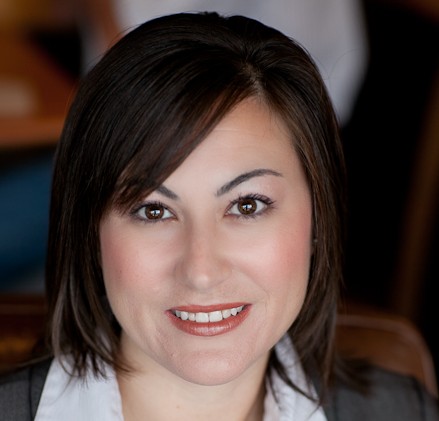If you’re like most of us, you looked forward to retirement. You have more free time to do the things you enjoy. But sometimes having more time means you spend more money. How do you rein in your spending if you’re spending more than you think you should?
I suggest following a four-step process I call T.R.I.P.
Step 1. Track. Begin by tracking what you’re spending. It can be as easy as collecting all the receipts of your purchases over a month. And it should be ALL your receipts. If you paid for something with cash, keep your receipt and put it in an envelope. If you paid by credit card, again, keep your receipt and place it in the same envelope. You may be tempted to say, “I keep track by reviewing my credit card statement.” But, that’s only part of the story.
Step 2. Review. Now that you have an envelope of receipts, take some time to review your receipts by sorting similar expenses into piles. This exercise can be done weekly or monthly and it can be quite revealing. For example, you may have spent more on the grandchildren when they were visiting. You may have had a large unexpected bill for the car. Or you may have simply made more impulse purchases than you thought. Be sure not to judge your spending. Simply sort your receipts into piles that make sense for you and note if the expense is regular or one-off.
Step 3. Intent. Now that you have an idea of how much you’re spending, you can evaluate if the money you spent aligns with your priorities. If not, you can adjust your spending so it does. For example, you may find you’re spending all your discretionary money on day-to-day enjoyment and not putting money aside to go visit your grandchildren. The idea is to be intentional with all your money and make adjustments to match your spending with your true priorities.
Here are some tips on how to make some easy adjustments:
- Look for specials and use coupons! You can save a lot of money by altering when or where you make purchases to take advantage of a coupon or an end-of-season special.
- Comparison shop. It’s a good idea to shop around and look for the best price.
- Check-out second-hand options. You can get some terrific second-hand items (cars, appliances or even clothes) for a lot less money.
- It pays to ask, “Can you do a better price?” Seniors are often offered automatic savings or discounts but there may be an opportunity for further savings by simply asking if this is the best price. If you’re pleasant, the worst you’ll likely get is, “Sorry, no.”
- Spread out the frequency of your activities. Instead of every week or month, try every two weeks or every two months.
- Cut back on spending by taking advantage of free local events and activities. It’s an excellent way to explore different activities and meet new people.
Step 4. Proceed. Now it’s time to put your plan into action. But, proceed with caution. If your spending doesn’t go entirely to plan, be gentle on yourself. Know that you can always go back to the beginning to get back on track!
You can’t take your money with you but you can only spend it once. So Track, Review, Intent and Proceed for good balance.
Lynn Williams
Professional Financial Architect
President & CEO of The Lifestyle Protector
E: Lynn@lifestyleprotector.ca
P: (+1)604 833 0348
1322 – 1111 W Georgia St
Vancouver, BC, Canada




















